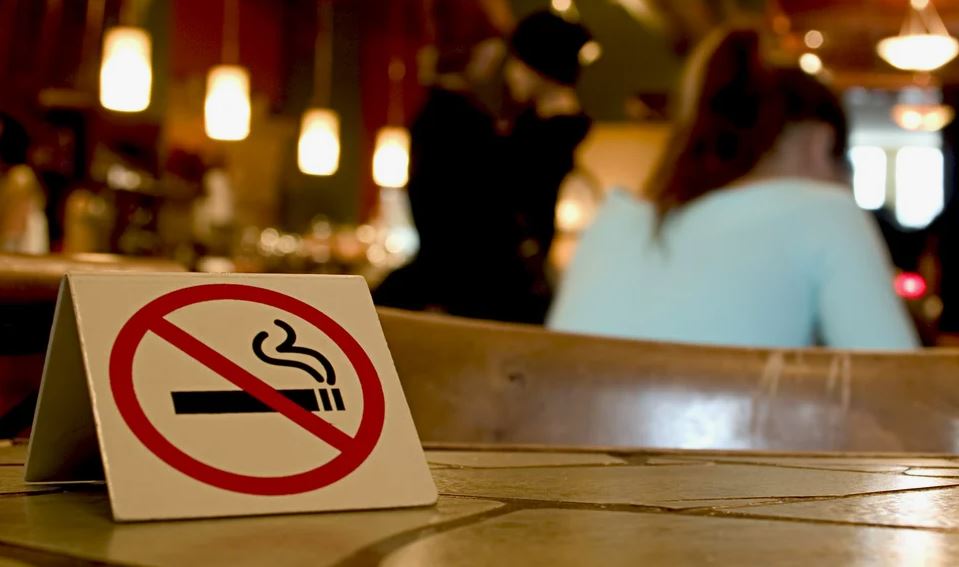South Africa’s hospitality sector is bracing for significant changes as new tobacco legislation advances through government channels. The Department of Health is driving proposed amendments that aim to tighten regulations on tobacco products, e-cigarettes, and vaping, in an effort to reduce public exposure to smoking and related advertising.
The draft legislation, formally titled the Tobacco Products and Electronic Delivery Systems Control Bill, introduces a host of measures including standardised packaging for tobacco products, a ban on the public display of cigarettes, and stringent controls on vaping devices.
While these proposals impact the entire hospitality sector, business owners and industry representatives argue that the most pressing challenge lies in the new restrictions on where individuals may smoke. Should the bill become law, smoking will be prohibited indoors and in specific public areas, effectively forcing patrons and employees outdoors.
Additional requirements would dictate that designated smoking zones be situated a certain distance away from windows, ventilation outlets, and building entrances.
However, the Gauteng Liquor Traders Association (GLTA), which represents many tavern and shebeen owners, has voiced alarm over the practicality of these regulations, particularly in township environments.
The association highlighted that taverns, many of which are small, informal businesses, had already invested considerable resources to comply with existing laws by allocating 25 percent of their indoor space as designated smoking areas.
They argue that the new stipulations will compel owners to reconfigure their establishments yet again or face penalties. The GLTA explained that the Department of Health previously suggested that smoking areas be located at least ten metres away from entrances and ventilation points.
“The Minister has discretion over this distance, but the Department of Health previously suggested 10 metres. This provision is totally unworkable in a township environment,”
the GLTA stated.
Concerns extend beyond structural challenges. Business owners warn that forcing both employees and patrons to smoke outside, often in isolated or poorly lit areas, increases the risk of crime.
According to the GLTA, staff members stepping outside to smoke could leave establishments vulnerable to security threats, while customers might face heightened personal safety risks. The association stressed that these rules would affect businesses across the board, not just smaller taverns or those operating in informal settings.
In addition to security and financial burdens, some fear the unintended consequence of these regulations could be the expansion of South Africa’s already significant illicit tobacco market. Business Against Crime South Africa (BACSA) cautioned that pushing legal tobacco sales into more restrictive frameworks without robust enforcement mechanisms could deepen reliance on illegal traders.
BACSA estimates that the illicit tobacco market accounts for approximately 60 to 70 percent of cigarette sales in the country, costing the South African Revenue Service nearly R18 billion annually in lost tax revenue.
The organisation criticised the proposed legislation for failing to incorporate practical tools to combat illegal trade, such as enhanced border control measures or a comprehensive track-and-trace system to monitor the movement of tobacco products.
Beyond concerns of crime and lost revenue, the GLTA flagged the increased risk of corruption linked to the proposed laws. It warned that making businesses criminally liable for failing to stop patrons from smoking in restricted areas could open the door for abuse of power by corrupt officials.
“The penalty for smoking in a banned area is three months in prison, and/or a fine. The penalty for smoking near a non‑smoking employee is ten years in prison and/or a fine.”
The association questioned whether such severe penalties were proportionate in a country grappling with more pressing crimes. It underscored that law enforcement should prioritise serious offences rather than focusing on minor infringements of smoking regulations.

















